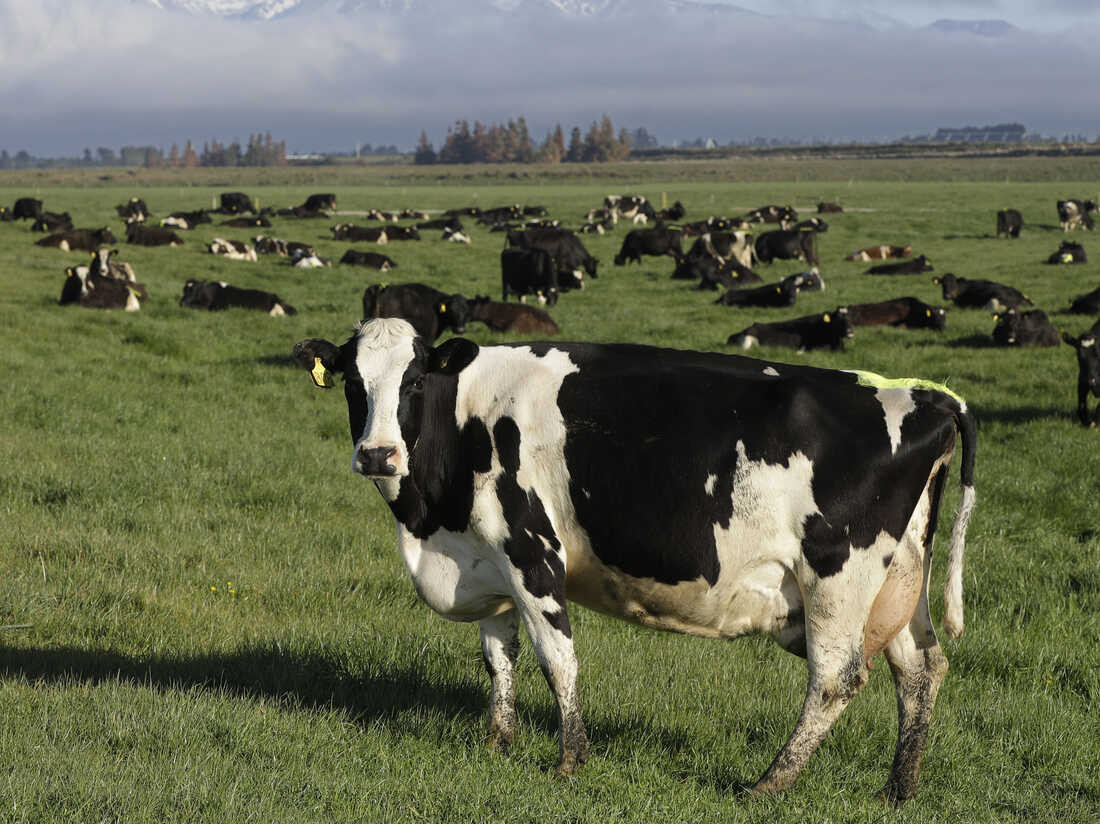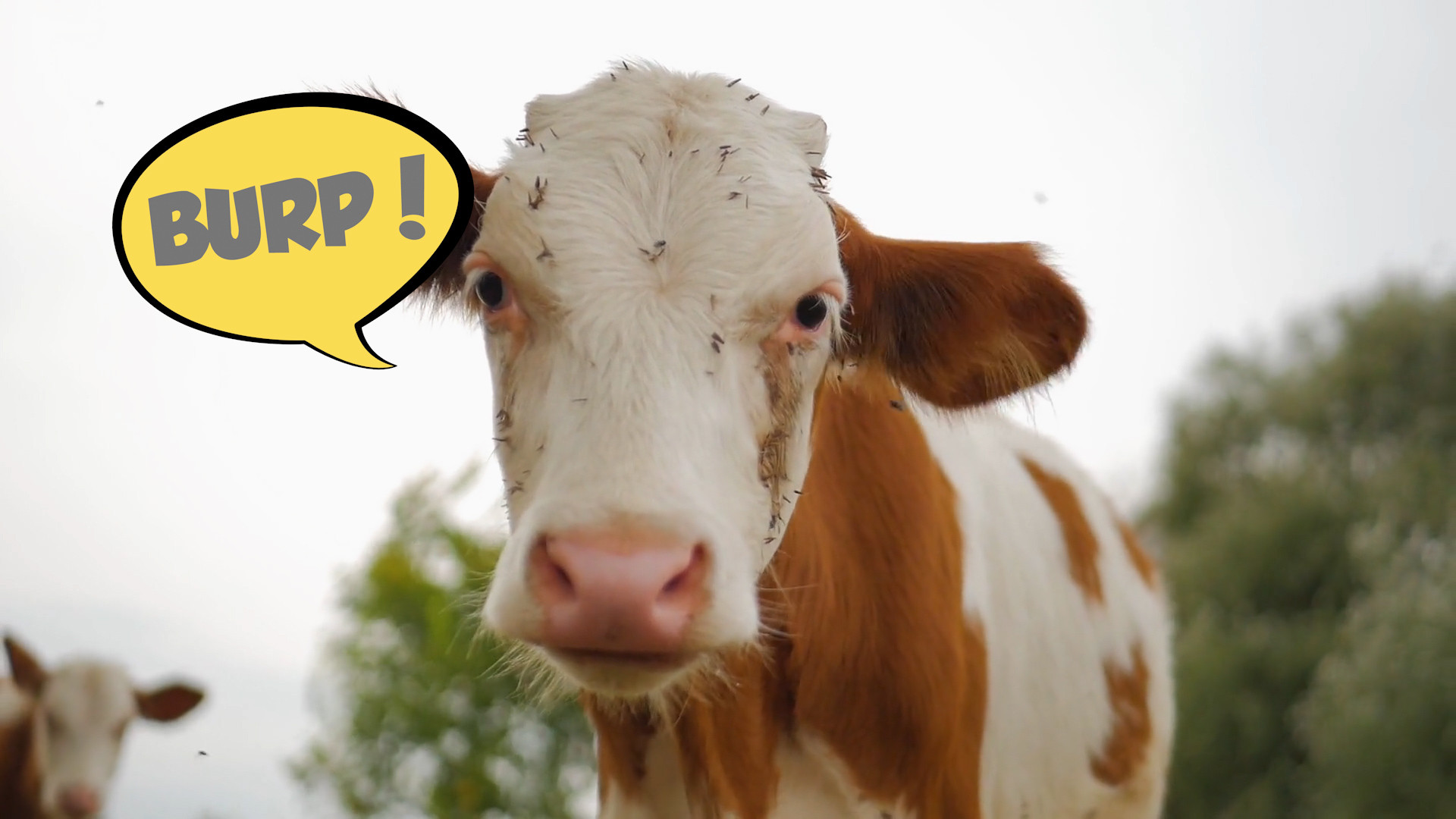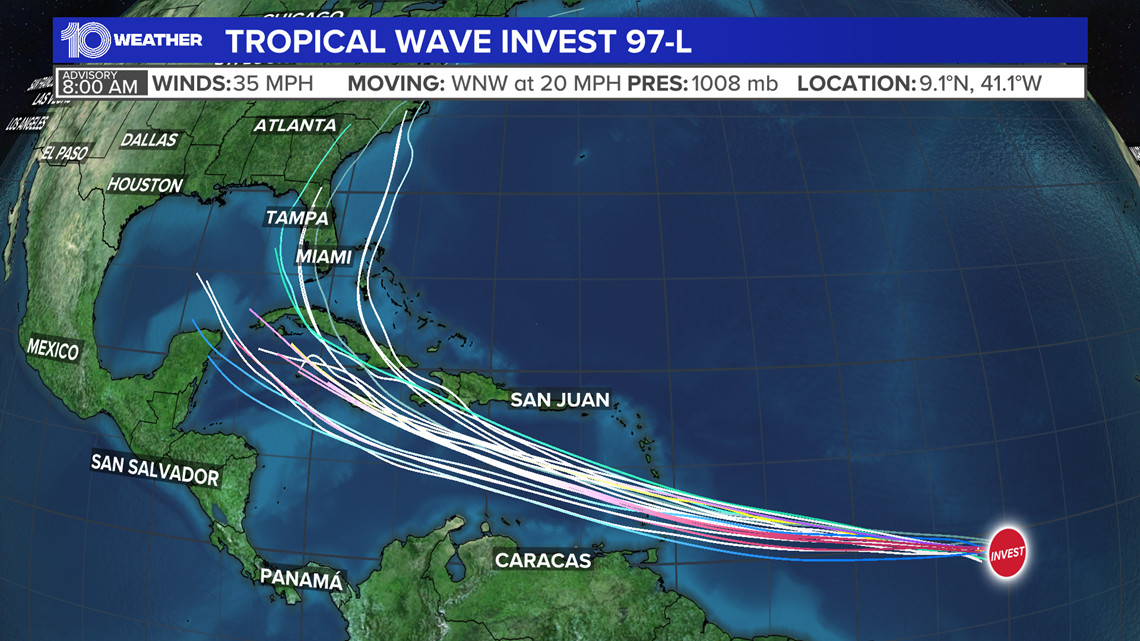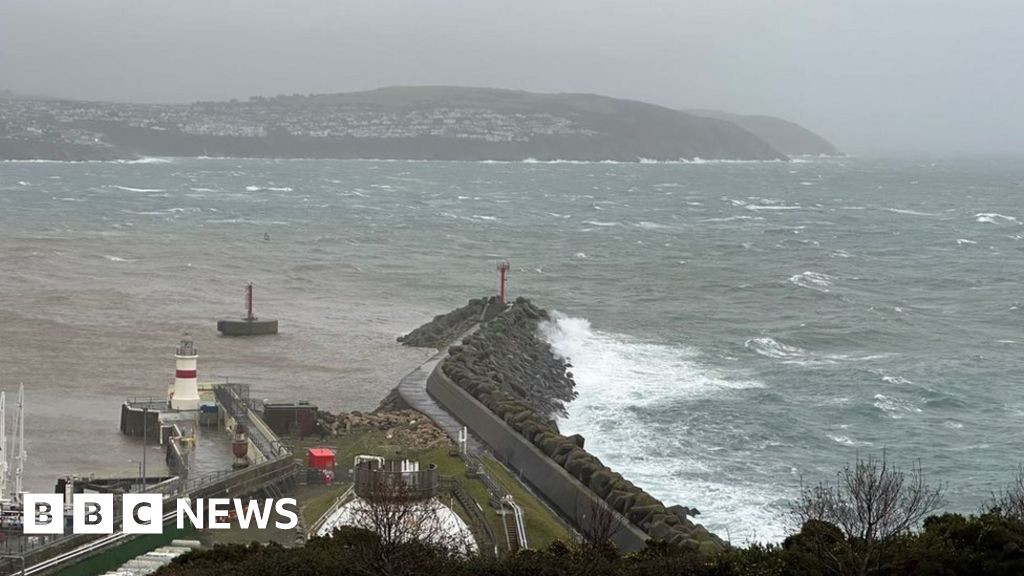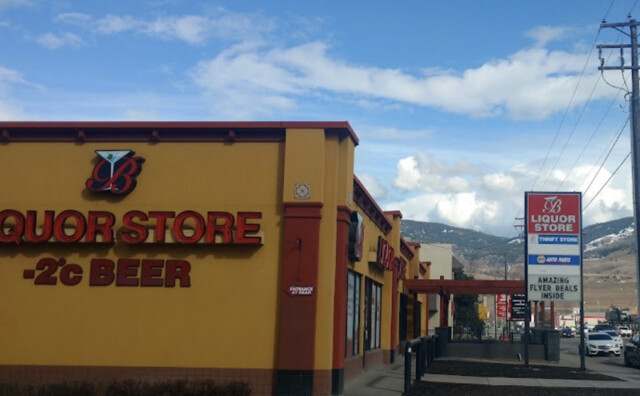Cows, Climate Change, and a Search for Solutions
Climate change is affecting our food, and our food is affecting the climate. In a quest to find solutions, scientists are turning their attention to cows, whose digestive processes release significant amounts of methane, a potent greenhouse gas. The dairy industry, a major contributor to these emissions, is now at the forefront of research seeking to curb this environmental impact.
Respiration Chambers: Unveiling the Secrets of Cow Burps
In a specialized facility at Cornell University, two large cows stand within a giant metal box, a respiration chamber. This cutting-edge technology meticulously measures the exact amount of gas each cow emits, providing invaluable data for researchers. This $2 million facility, the only one of its kind in the U.S., is poised to play a pivotal role in the fight against methane emissions.
A Data-Driven Approach
The respiration chambers offer a precise and comprehensive understanding of cow emissions, surpassing previous methods that estimated daily emissions. This detailed data is crucial for evaluating the effectiveness of feed additives and other mitigation strategies. “There's a real sense of urgency that we have to reduce methane emissions,” says Joseph McFadden, associate professor of dairy cattle biology at Cornell. “Now to actually have this equipment, it gives us a tool to be able to ensure that we have accurate measurements.”
The Promise of Feed Additives
The digestive process of cows naturally produces methane due to an enzyme in their stomachs. While no additive has yet been found to completely eliminate methane production, researchers are exploring various options to reduce its emissions. Natural products like seaweed and oregano, as well as engineered powders, have demonstrated potential in suppressing the enzyme responsible for methane production.
A New Frontier in Dairy Nutrition
The FDA recently approved one powder additive for widespread use. These innovations hold the promise of significantly reducing the dairy industry’s emissions. Michael Van Amburgh, Cornell animal science professor, emphasizes, “I'm not under any illusion that we're going to figure out something that's just going to wipe them out,” referring to the enzymes that create methane. “But what we could do is we could figure out how to put together better diets.”
Beyond Additives: A Holistic Approach
While feed additives offer a promising avenue, Eric Toensmeier, a fellow at Project Drawdown, cautions against relying solely on them. He advocates for a more holistic approach, acknowledging that reducing meat and dairy consumption remains the most effective way to lower livestock emissions.
A Balanced Perspective
“It's great that some portions of the industry are actually accepting that methane is a real thing and trying to make a plan to do something about that,” says Toensmeier. “The concern is you don't want them sort of hiding behind it.”
GreenShed: Capturing Methane Emissions
Scotland’s Rural College (SRUC) has developed an innovative system called GreenShed, which aims to capture, rather than reduce, methane emissions. This cutting-edge technology focuses on “finishing” cows, or beef cattle prepared for slaughter, in a completely sealed shed. State-of-the-art air-conditioning units pump fresh air into the shed, while vents extract unwanted gases.
A Circular Green Economy
The system captures over 90 per cent of bovine methane and utilizes it for various purposes. The shed’s ventilation system channels the captured methane into an anaerobic digestion machine, where it is broken down into solid and liquid matter. The gases produced during this process are then used to power the shed’s heating, lighting, and digestion machines. Leftover solid matter is used as a nutrient-rich fertilizer, while the liquid is filtered and used to water plants in a nearby hydroponic greenhouse. “The beef industry is being treated as the pariahs of the planet by producing methane,” says George Baikie, the director of farms at SRUC. “We are trying to find ways to mitigate that impact, so it’s great that we can capture that gas that’s being emitted and use it for other things like growing vegetables or fruit.”
The Future of Dairy Farming
The dairy industry is embracing a new era of sustainability, with research into emissions reduction gaining significant traction. Governments worldwide are allocating substantial funding for climate-smart agriculture initiatives. However, the question remains: Will these new technologies be practical and economically viable for dairy farmers?
A Balancing Act
Keith Kimball, a cattle rancher and chair of the Northeast Dairy Producers Association, expresses both hope and skepticism regarding feed additives. While he acknowledges their potential for reducing emissions, he also questions their long-term effectiveness. “This is something that farmers will for sure consider,” said Kimball. “But is it going to make us more efficient as an industry and improve our carbon footprint? I'm not positive that it is.”
A Path Towards Sustainable Dairy
The future of dairy farming is intertwined with the success of these initiatives. Research into feed additives and innovative technologies like GreenShed holds the potential to transform the dairy industry, making it more sustainable while safeguarding animal welfare and productivity. However, the long-term impact and economic viability of these solutions remain to be seen. As the industry grapples with these challenges, the pursuit of solutions to reduce emissions is paramount, paving the way for a more sustainable future for dairy farming and our planet.




